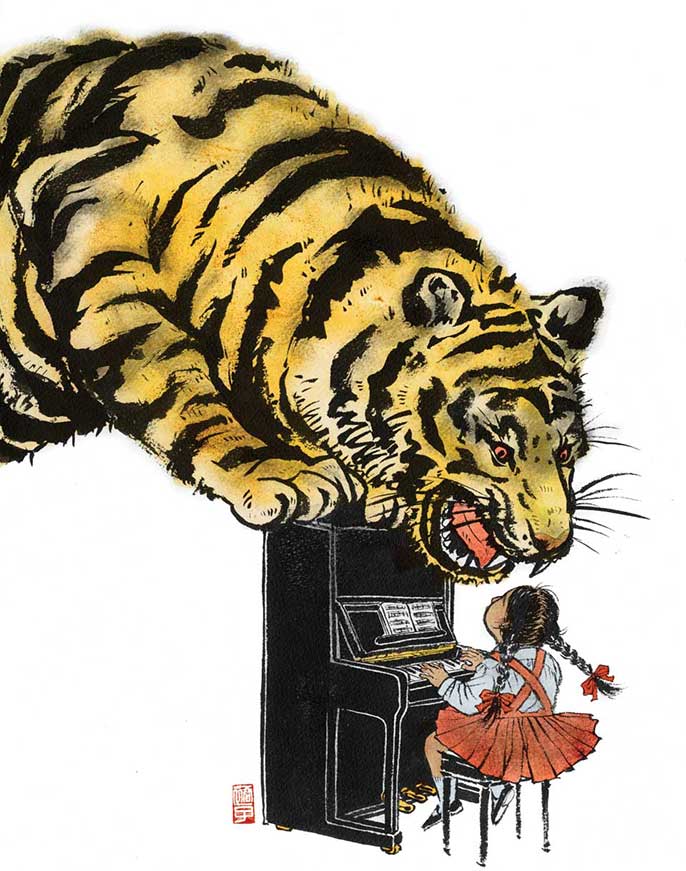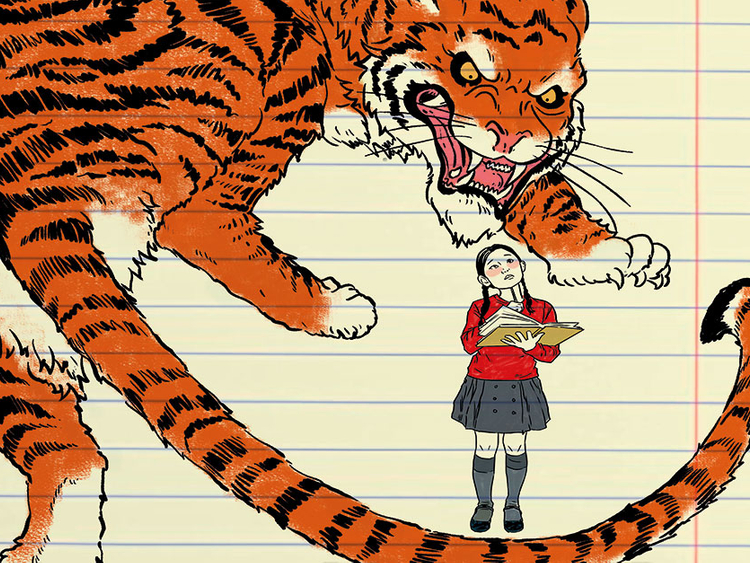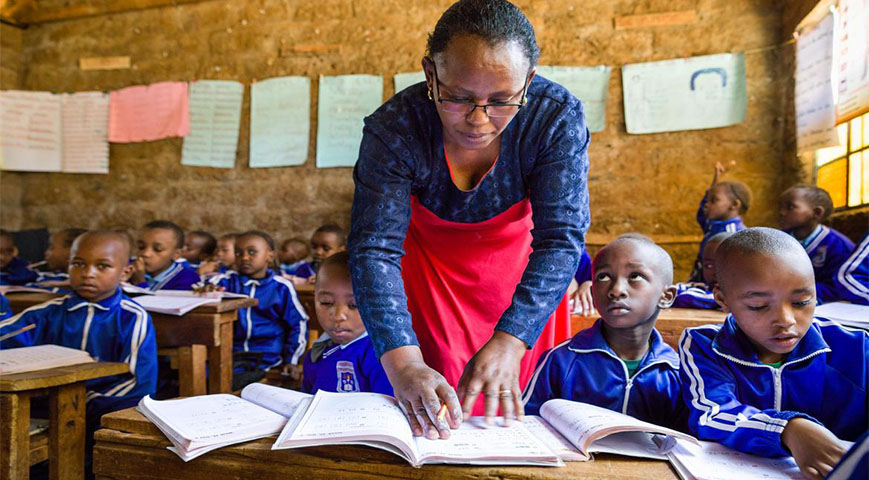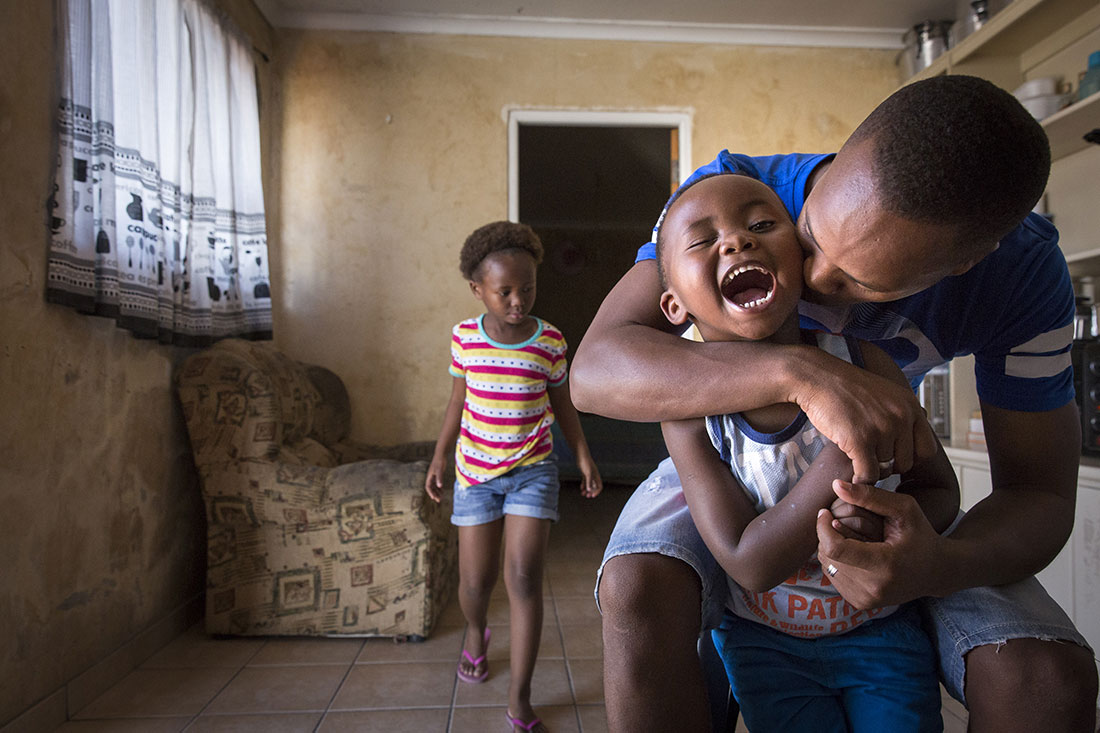Strict rules, high expectations, and educational success characterise tiger parenting. Because of the prosperity experienced by Chinese families who relocated to the US, it has grown in popularity in recent years. While the benefits and drawbacks of this parenting approach continue to be debated, there are some indicators that you could be a tiger parent.
1 High Academic Standards
The expectation of great academic success is one of the most apparent indications of tiger parenting. Tiger parents frequently place a premium on their kids' performance and their results, and they can motivate their children to excel in any topic. This can lead to a high-stress environment in which the child is compelled to continually achieve and succeed.
2 Micromanagement
Tiger parents are notorious for dictating their children's lives, frequently dictating every element of their daily routine. This may involve anything from how they dress and consume to how they spend their leisure time. Although some structure benefits children, having excessive authority can be detrimental and contribute to a lack of freedom.

3 Lack of Free Time
Tiger parenting frequently results in children having little free time to explore their interests and hobbies. Focusing on academic success can result in a jam-packed schedule of extracurricular pursuits and tutoring sessions, leaving little time for relaxation or downtime. This can lead to a stressful atmosphere discouraging children from pursuing their interests and passions.
4 Punitive Discipline
Tiger parents quickly discipline their kids for any imagined failure or inadequacy. Harsh criticism, physical discipline, or verbal maltreatment are examples. While punishment is vital to being a parent, it should never be abused or lead to long-term emotional harm.
5 Emphasis on traditional values
Tiger parents frequently instil traditional values such as respect for authority and purity in their boys. While these values are important, enforcing them too strictly may hinder creativity and stop children from creating their views and ideas.
6 Limited emotional expression
Tiger parents may prioritise academic achievement over emotional well-being, resulting in a lack of emotional communication and expression. Even when experiencing stress or anxiety, children may be compelled to conceal their emotions or put on a brave facade.












